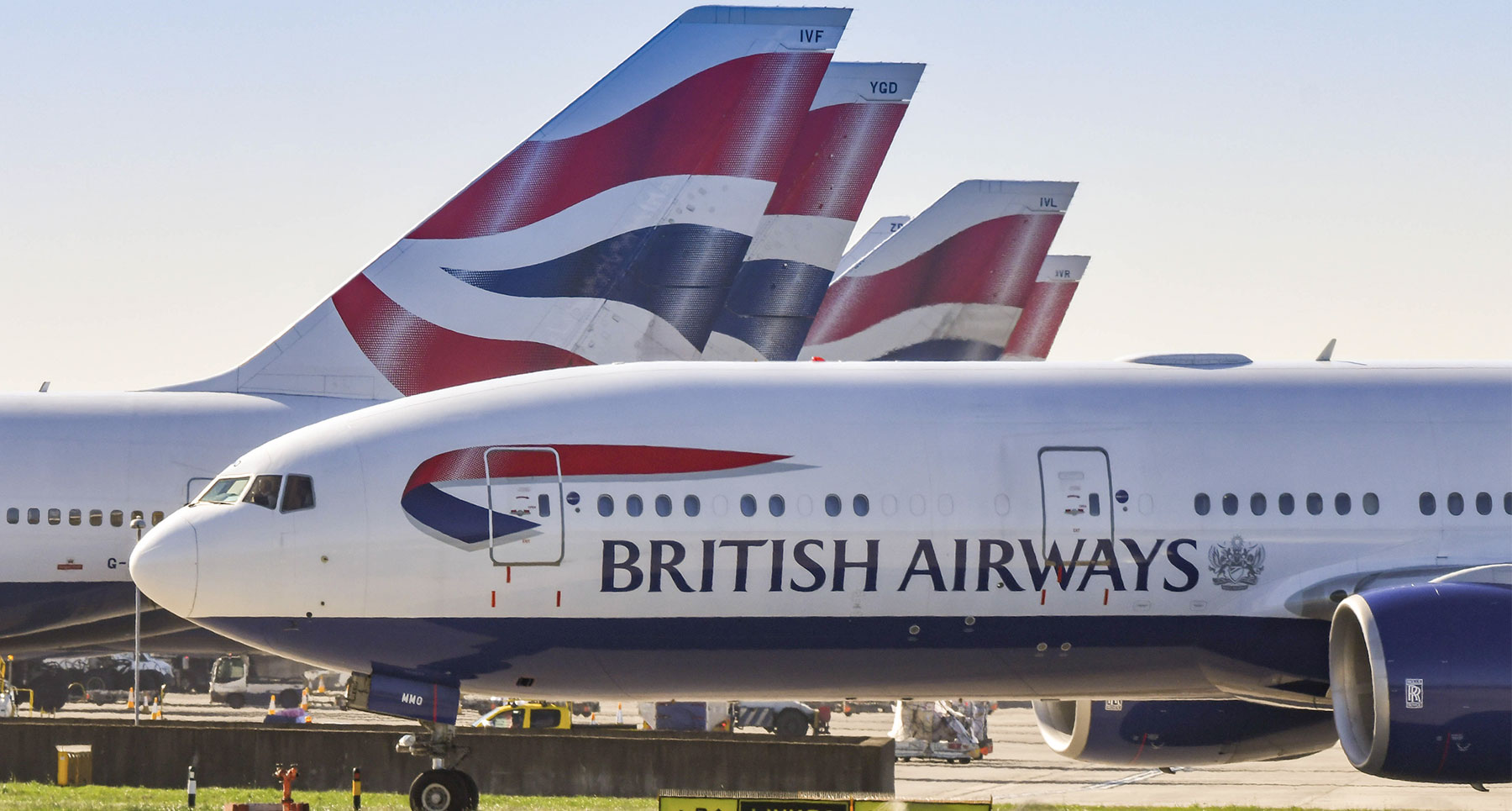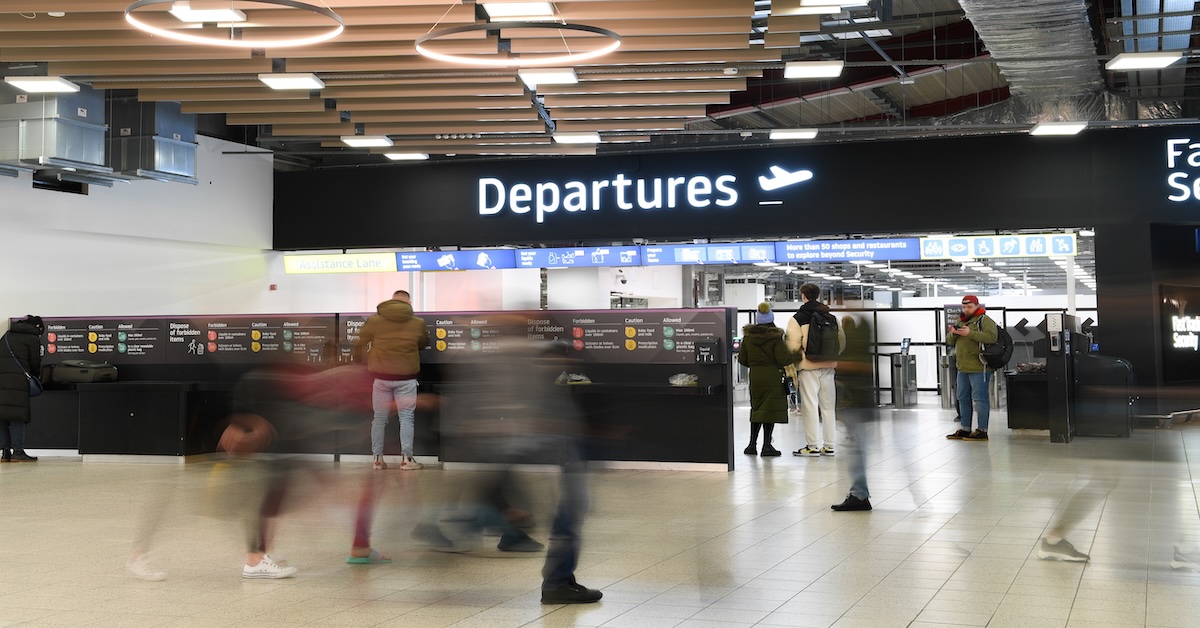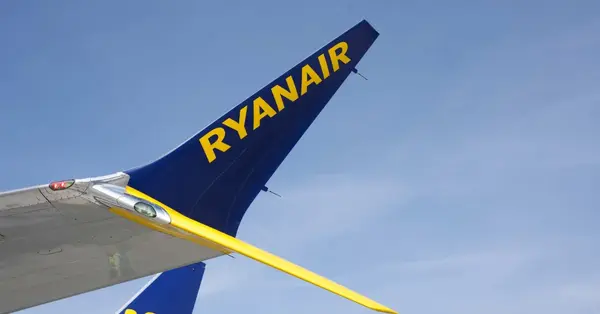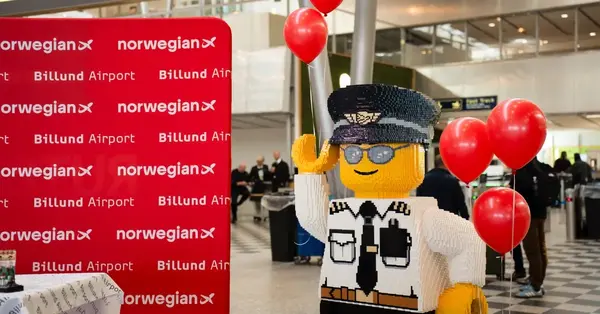You are viewing 2 of your 2 free articles
BA’s early decision to slash schedule cut disruption costs
British Airways’ early decision to cancel a significant part its summer schedule limited the costs of disruption to €15 million in the three months to June, a fraction of the £133-million bill for cancellations easyJet reported last week.
The early cancellations also meant BA had to cancel only a further 0.5% of its schedule from Heathrow when the airport imposed a daily cap on departing passenger numbers last month.
BA announced the cancellation of 16,000 flights, 10% of its summer schedule, in April.
It cancelled a further 1% at the start of June and added a further 7% of flights in early July when the UK government temporarily waived use-it-or-lose-it slot rules at airports.
The carrier has still been forced to make unplanned flight cancellations, with parent group IAG reporting BA cancelled 2.9% of flights at the last minute in the three months to June despite the vast number of advance cancellations.
IAG chief executive Luis Gallego said: “We’ve had some unplanned, last-minute cancellations as always happens for pilot sickness, staff shortages or technical reasons.”
However, he pointed out this was close to the global industry average of 2.2% for cancellations in the quarter.
Gallego said BA’s extensive schedule cuts “were pre-emptive cancellations to protect the majority of flights and customers, many on short-haul routes where we had the facility to accommodate passengers, but also some long-haul routes with multiple frequencies”.
When Heathrow announced its cap on passengers in July, Gallego said: “BA only had to cancel 0.5% of flights – equivalent to 0.2% of seats.
“The majority of cancellations have been planned so the vast majority of customers have been accommodated on other flights.”
BA cancelled 18% of its flights in total, but Gallego reported: “Disruption costs were limited to €15 million. The proactive approach at BA limited the cost.”
Gallego was speaking as IAG reported a profit of €133 million for the three months to June.
EasyJet revealed flight cancellations and delays in the same quarter cost it £133 million, leading the carrier to report a loss of £114 million for the quarter.
Gallego conceded the problems are not over for BA at Heathrow. He said: “It is improving, but we still have days when we cannot cope with the volume [of passengers].
“The problem is not only us. It is a combination of actors in the ecosystem. It is the airport, it is us for sure, it is air traffic control, it’s the providers. We need to do well together.”
BA chief executive Sean Doyle reported the carrier had “brought 4,000 people into the business and 3,300 are operational”.
But he said: “We need around 7,000 in place by the end of December. The run rate we have today is aligned to the rate we need by the end of the year and the rate we’re bringing people in is improving every month.
“We expect to get to 7,000 [recruits] by the winter.”
However, Doyle warned: “Even when people come into Heathrow, the speed of processing passengers and bags and getting trucks through control posts is not as quick because of an experience lag. That is another thing we have to factor in.”
He also complained of “the wider constraints of third-party ground handlers on operations we don’t control that affect the performance of the airport”.
But Doyle insisted: “We’re seeing the attrition falling. Recruitment is picking up and operations are stabilising though not at the level we would like.”


















